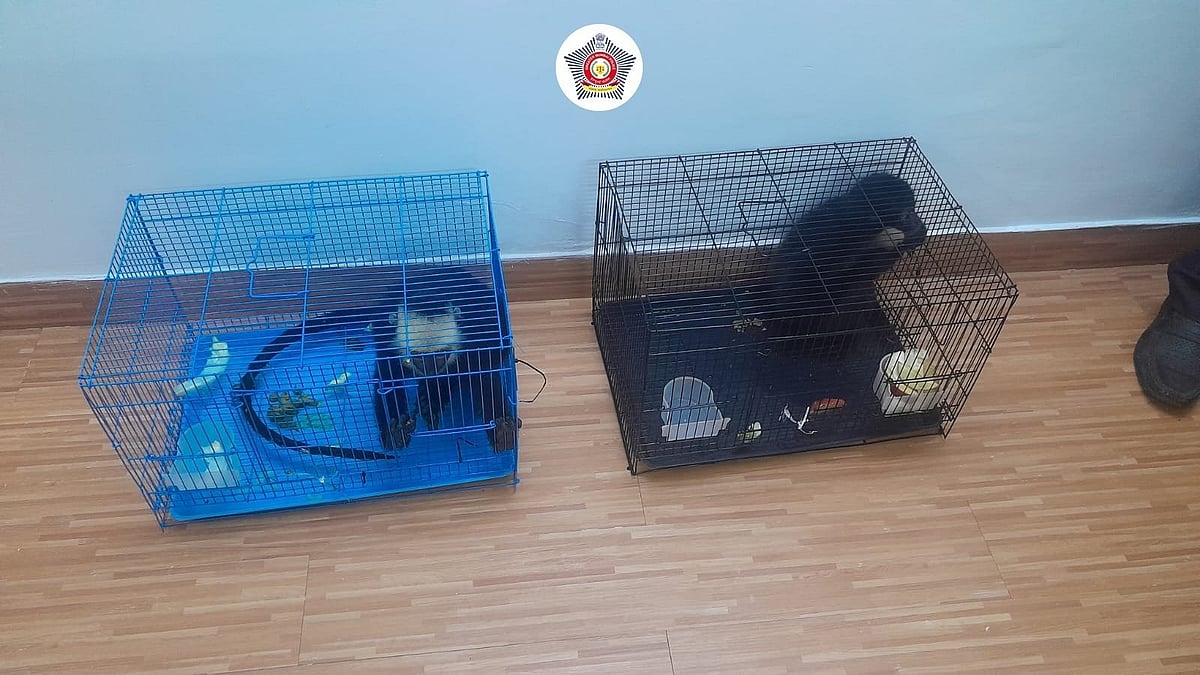**Megha Majumdar’s New Novel “A Guardian and a Thief” Explores Survival Amid Cataclysmic Climate Change**
In Megha Majumdar’s latest novel, *A Guardian and a Thief*, a catastrophic climate event devastates the Bengali city of Kolkata, wiping out shelter and food supplies. The city’s residents are left desperate, struggling to survive amidst the ruins. Among them are Ma, her young daughter Mishti, and Ma’s father Dadu—some of the fortunate few with approved passports to travel to the U.S., where Ma’s husband awaits them in Ann Arbor, Michigan. But their journey is imperiled by a brazen theft that threatens their very existence.
*A Guardian and a Thief* is Majumdar’s follow-up to her critically acclaimed bestselling debut, *A Burning*. We sat down with the author to discuss themes of honesty, the joys of anthropology, and the role of teaching in her creative process.
—
### Author Chat
**Your novel takes place in Kolkata, your hometown. Why did you choose this setting?**
Kolkata is one of the cities in the world most severely affected by climate change. I was reading about these grim predictions—how the city has grown significantly hotter and is expected to endure more frequent storms in the coming decades. Reading all that felt deeply sad and alarming. This novel really grew out of those future predictions about Kolkata.
**Your character Boomba makes life very difficult for your family, yet he is also a victim of circumstance. Can you elaborate?**
Calamities can make good people do bad things. This question intrigued me: Are there truly “good people” and “monsters,” or do we all contain elements of both? And how are these qualities revealed in times of scarcity and crisis? Boomba initially came to me as simply the “thief” of the title. But as I wrote more, it felt neither truthful nor interesting to depict him only as a thief. He is a complex character with complicated motivations, wishes, worries, and regrets.
**Lying is a common thread in the novel. What role do falsehoods play in your characters’ lives?**
Everyone in the novel lies to some extent—either for self-preservation or to protect loved ones from harm. I think lies often come from a place of love. Anyone who has lived far from home might relate to this feeling: when you’re far away from those you love, you want to assure them that you are okay, that things are fine. Offering these “white lies” is a kind of love—a way to comfort them, since they cannot help from afar.
**You studied anthropology in college. How did that background inform your move into fiction?**
Anthropology is about trying to understand other people, while acknowledging that there are inherent limits—we can never fully know another person’s life. This training in listening for complexity, honoring contradictions, and maintaining humility about what remains mysterious creates a rich space for a fiction writer.
**You teach writing in the MFA program at Hunter College. How does teaching influence your work?**
Teaching feels beautifully related to editing, which I loved doing. It keeps me close to other writers and their texts, allowing me to think with them about what a piece is accomplishing. I enjoy exploring “failures” in prose with incredibly smart, creative, and ambitious writers. When I say failure, I don’t mean in a negative or stressful way—it’s part of the process. Being able to analyze what is happening in a text’s weak spots is very useful.
—
### The Week(s) in Books
Valorie Castellanos Clark reviews *The Radical Fund* by John Fabian Witt, a meticulous story about a Jazz Age millionaire’s modest fund that reshaped American civil rights within 20 years.
Nine years after *Go Set a Watchman*, Robert Allen Papinchak praises Harper Lee’s *The Land of Sweet Forever*, a posthumous collection of stories and essays, as a rewarding addition to her literary legacy.
Leigh Haber is captivated by Gish Jen’s new novel *Bad Bad Girl*, which explores a fraught mother-daughter relationship, calling it a book “suffused with love and a desire to finally understand.”
Lastly, Mikael Wood chats with filmmaker Cameron Crowe about his memoir *The Uncool*. Crowe reflects on his journalism days, admitting, “I did an interview with Bob Dylan for Los Angeles magazine, and I got it so wrong that they didn’t publish it.”
—
### Bookstore Faves: Vroman’s Bookstore Nine Months After the Eaton Fire
Nine months after the Eaton fire, Vroman’s Bookstore remains a cherished haven for local residents, still buzzing with bookish energy. The store continues its ambitious fundraising outreach to support fire victims.
We spoke with Julia Cowlishaw, the store’s chief executive, about how things have been going.
**Nine months after the fire, how is business?**
Business has been steady this year, which we’re pleased about considering all the variables in the world.
**What books are selling right now?**
This fall’s new releases are fabulous, and we’re seeing a broad range of interests. In nonfiction, there’s strong demand for books that explore current events through historical lenses—Jill Lepore’s *We the People* is a bestseller example.
With the arrival of fall, cookbooks are also popular gifts. Samin Nosrat’s new *Good Things* and her earlier *Salt, Fat, Acid, Heat* are favorites.
In fiction, new novels by Ian McEwan, Kiran Desai, Thomas Pynchon, and Lily King are doing well, demonstrating that literary fiction is alive and thriving.
**How important has the bookstore been for the community during this challenging year?**
Bookstores, including Vroman’s, have long served as a “third place” in their communities—a space where people gather with friends and family over shared interests and foster a strong sense of belonging.
In the aftermath of the fires, this sense of community became even more vital. We took it to heart to be more than a bookstore and to give back in every way we could. Our community responded generously, helping us raise funds for local foundations and collect books and supplies for those impacted by the fires.
—
*Please note: The Times may earn a commission through links to Bookshop.org, whose fees support independent bookstores.*
https://www.latimes.com/entertainment-arts/books/newsletter/2025-10-25/book-club-megha-majumdar-a-guardian-and-a-thief

